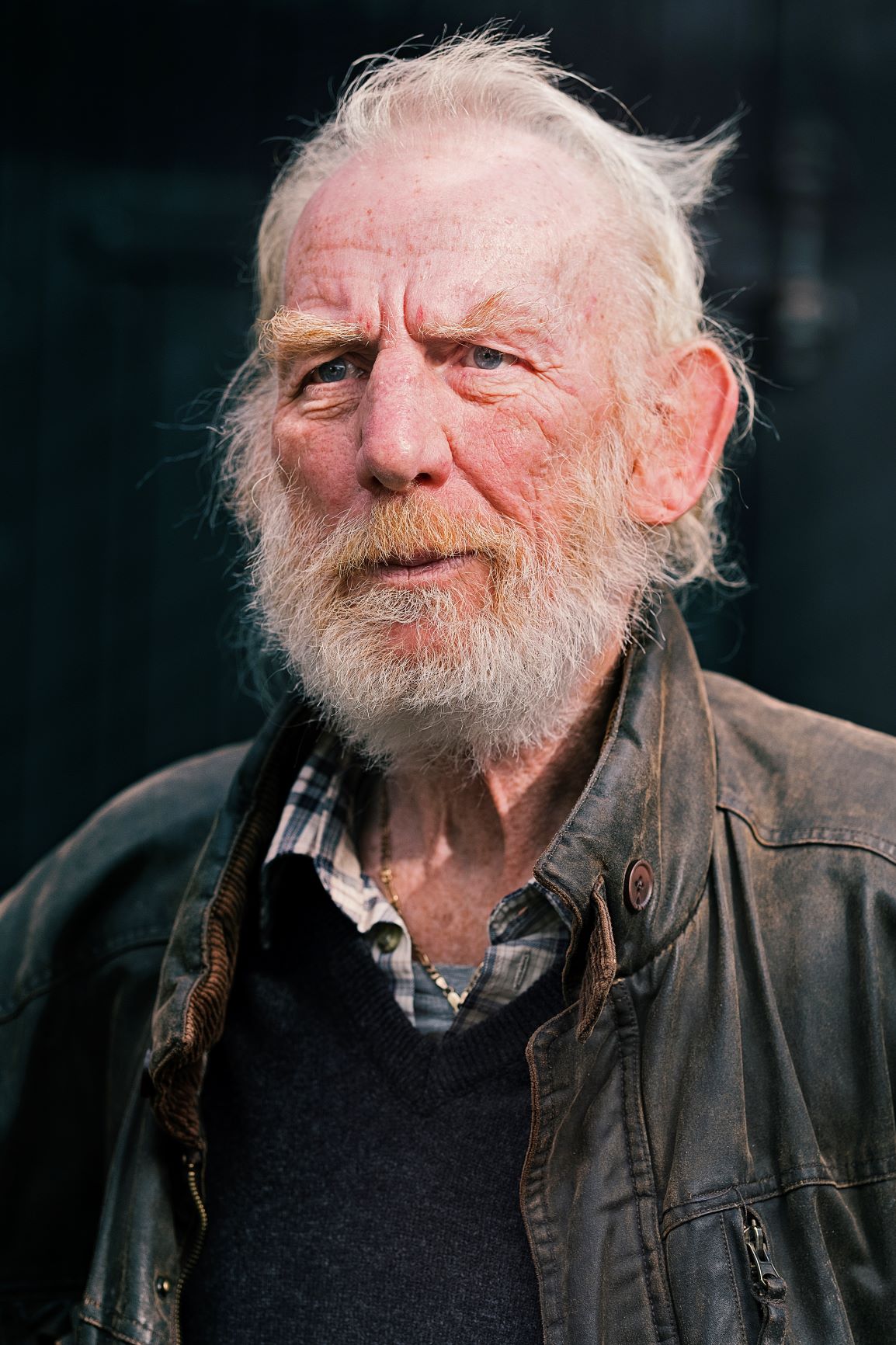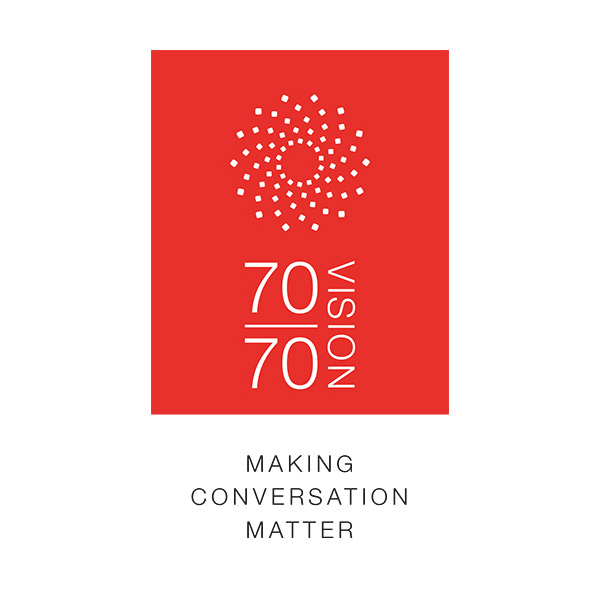 My parents met one evening when my mother was returning home from work. Shortly after stepping off the bus, she became an unwilling target of harassment from a passing ne’er-do-well. My father, walking home after losing all his money at the dogs, spotted what was going on and, being the ever-gallant gentleman (who detested bullies), intervened and sent the wrong ’un packing. Despite the age gap, my father is thirteen years her senior, they married in 1949 and I was born in May 1952. This was my father’s second marriage – his first wife, having already given birth to four sons, sadly died during a subsequent childbirth.
My parents met one evening when my mother was returning home from work. Shortly after stepping off the bus, she became an unwilling target of harassment from a passing ne’er-do-well. My father, walking home after losing all his money at the dogs, spotted what was going on and, being the ever-gallant gentleman (who detested bullies), intervened and sent the wrong ’un packing. Despite the age gap, my father is thirteen years her senior, they married in 1949 and I was born in May 1952. This was my father’s second marriage – his first wife, having already given birth to four sons, sadly died during a subsequent childbirth.
'The original town plan was superb and well balanced. When the target capacity was reached they should have stopped building'
Aside from age, class was another notable difference in their relationship. My father was born in County Tyrone, Northern Ireland. At a young age he joined the Merchant Navy as opposed to the Royal Navy – swearing allegiance to the British Crown wouldn’t have sat well with his staunch Republican views. With his principles intact he was able to take an active role in the war. Looking at his passport, knowing he was among those perilous convoys to and from Murmansk in the Soviet Union, makes for rather chilling reading – he was lucky to see out the war.
My mother’s parents had an affluent background that was now on the decline. But that certainly didn’t stop them looking down their noses at those they considered beneath them. It’s safe to say that my father didn’t match up to his in-laws’ expectations. Such unfounded opinions were especially tough for my father who, amid a housing crisis, had no option other than living with his in-laws. In 1953, faced with the pressing need for a place of their own, they moved to Harlow, where not only was a home forthcoming, but with an abundance of building work my father (now working in construction) could seek employment.
The move was a positive one for my parents, but not everyone was so lucky. Because Harlow was largely populated by transplanting huge groups of people from one area to another, the town didn’t form in an organic way. Until the town ‘bedded in’ many people understandably felt uprooted; missing the communities they’d left. However, with a huge number of men of Irish descent living and working in Harlow, the town became a unifying force within the Irish community. Removed from the sectarian environment in Ireland, many realised they had a lot more in common than first assumed. Friendships formed that back in Ireland would have been unthinkable – Harlow became a social leveller.
If you apply those principles to more recent times – e.g. racism, immigration and homophobia – you can begin to appreciate that many of society’s problems are born from ignorance. I don’t mean a lack of intelligence – instead a lack of exposure to people different from themselves. In that situation it’s far easier to dehumanise or stigmatise someone, whereas if you’re socialising with them or, in the case of my father, working with them, it’s far harder.
As a product of such contrasting parents I was an interesting hybrid. My mother gave me a love of literature, poetry and music. From my father I adopted his happy-go-lucky attitude. The resulting combination meant academically I was no fool, but I was far more interested in having a good time.
With regards to my education, my parents had opposing views. Having passed my eleven-plus exam, my father blocked my mother’s plans to send me to a grammar school – he didn’t want me turning into some middle-class kid. From his political viewpoint there was nothing wrong with a comprehensive school. In the midst of all this jostling my father died – he was only fifty-three.
Although he suffered a heart attack, it was only in later years that I discovered his death was most likely the culmination of malnutrition he’d suffered as a child. Initially I found the social injustice that he endured during his childhood in Ireland troubling. In later years that turned to bitterness, resulting in me, let’s say, overenthusiastically embracing my Irishness – but I must stress I’m not guilty of anything and neither do I have a criminal record.
In the mid-1960s, as music, fashion, film and youth cultures developed, my generation felt as if the lights had been turned on and anything was possible. As an impressionable twelve-year-old it triggered something inside me. I was lucky, my mother gave me freedom to express myself, but many parents struggled with such fast-paced change. They remembered the tough times and felt that the youth were seemingly cocking a snook towards a generation who’d sacrificed so much for their freedom. Looking back, I’ve sympathy, but at the time I just went with the flow.
'Having said that, I like Harlow ... I know all its idiosyncrasies'
I spent much of the politically volatile summer of 1968 in London. When I returned to school, my new exotic clothing and hairstyle didn’t sit well with the teachers. I was asked to leave and return when I’d sorted myself out. I did but, having enrolled on a Business Studies course at Harlow Technical College, it was only to say goodbye.
In 1969, when my mother moved to Cornwall, I moved into a flat with a mate. I continued studying, but basically it was more a case of juggling education while having fun. I became interested in and started studying philosophy. I passed an exam with flying colours and was awarded a diploma. A teacher, who saw my potential, pulled some strings that allowed me to sit a university entrance exam. I passed and secured myself a placement, which in typical fashion I never took advantage of – I just moved on to the next challenge.
However, in later years something started troubling me – maybe I’d not lived up to my mother’s expectations. Therefore, towards the end of her life we really opened up to each other, speaking at length about many things in our lives. In a roundabout way I apologised for certain life choices I’d made, which when coupled with me rebelling against her and her family made me conclude that I’d let her down. To my relief and surprise, she explained how truly proud she was of me, the more so because I’d broken free from the false sense of duty to ‘Queen and Country’ that her family had instilled in her. It was a real moment for me; I made peace with myself.
When I think back to the 1970s I did have some interesting jobs. I looked after some land; worked in a factory; became a roadie for various rock bands; and worked for the Home Office as assistant warden at a bail hostel. After marriage and becoming a father I worked as a guard for British Rail. But as my family grew, the wage wasn’t quite enough to survive on. With that in mind I made a career change and for the last thirty years I’ve been a self-employed carpenter.
When asked about the future of Harlow I find it a difficult one to answer. The original town plan was superb and well balanced. When the target capacity was reached they should have stopped building. The resulting imbalance and faltering infrastructure is what I believe to be at the heart of its problems. Having said that, I like Harlow, but because I’ve been living here for so long I know all its idiosyncrasies. If you’re new to the town and you don’t like it you’d assume it to be Harlow at fault. But in reality it’s more likely a breakdown in society that for the large part is replicated everywhere.
I don’t know how you measure success, but I sit here as a 65-year-old man who’s lived his life on his own terms and made it safely out the other side. Add to that a happy marriage, four children (all successful in their chosen careers) and a handful of grandchildren. And – although I feel like I’m being coerced into saying it aloud – I’m proud of them. So, if there’s a moral to this story, it’s that one can lead a fulfilling life in a place like Harlow.
